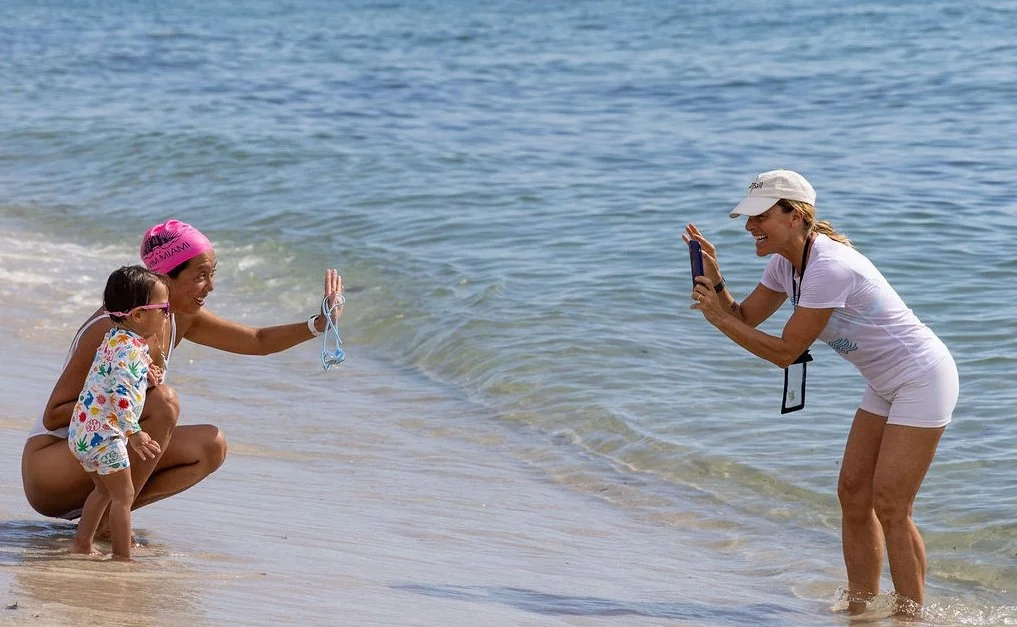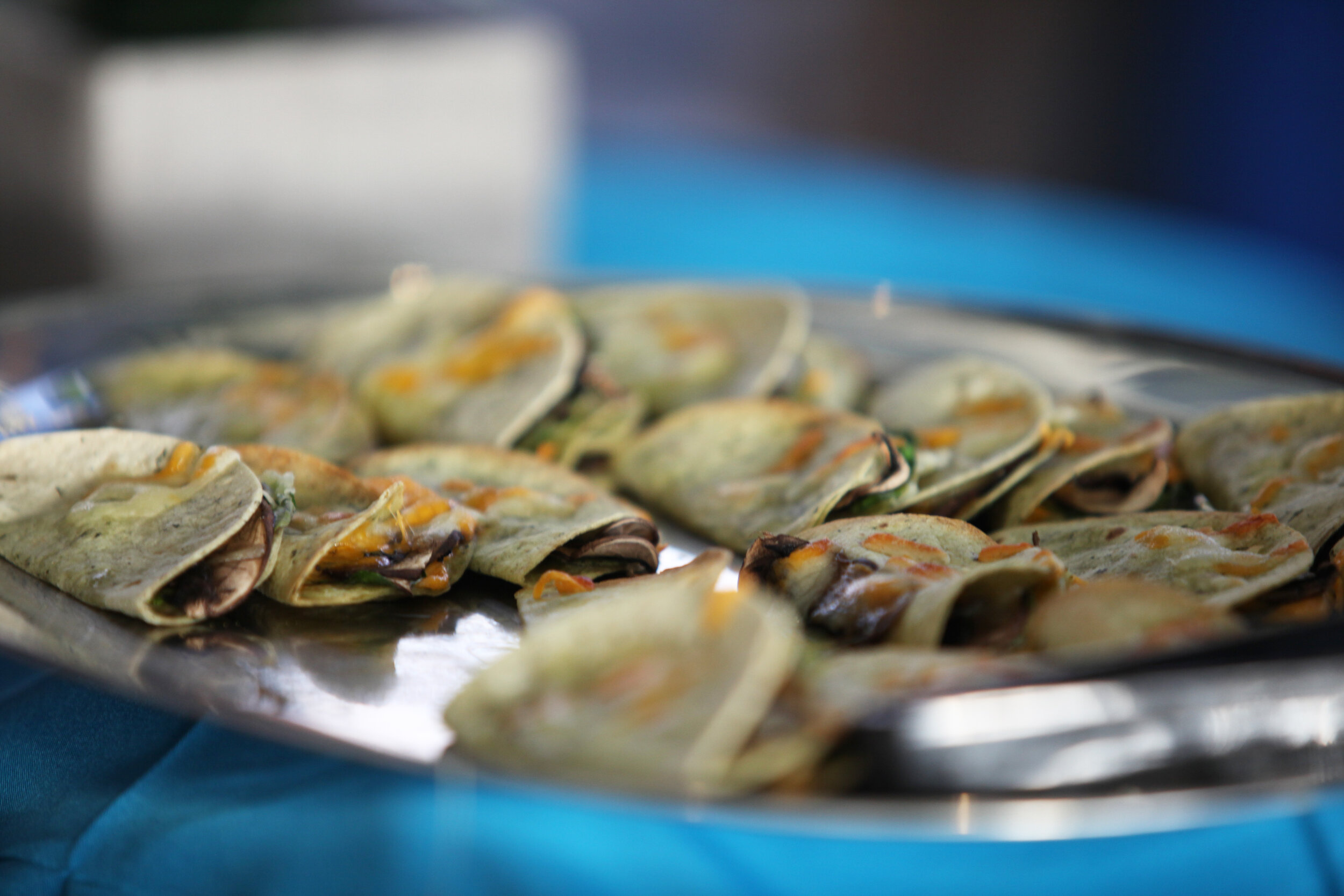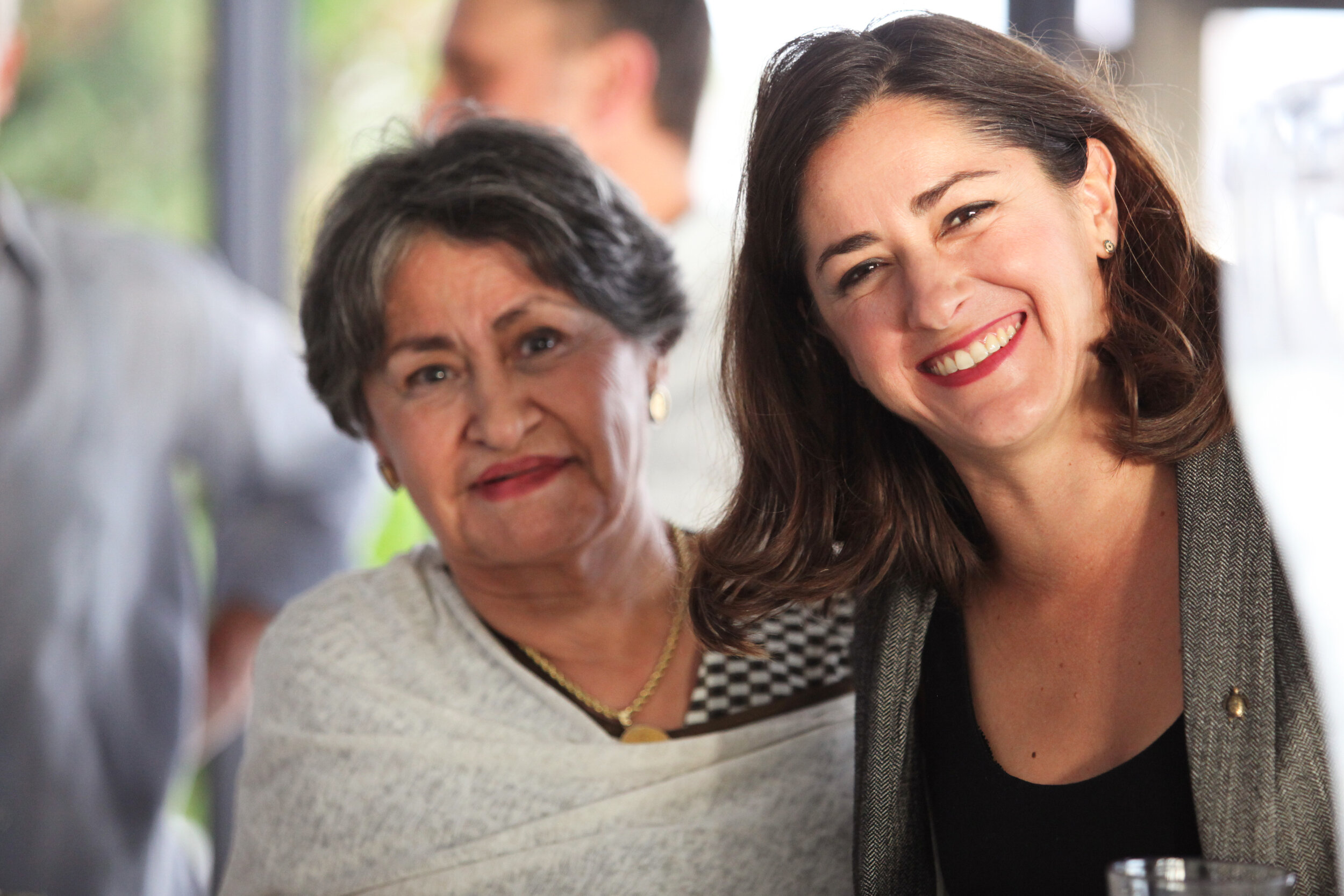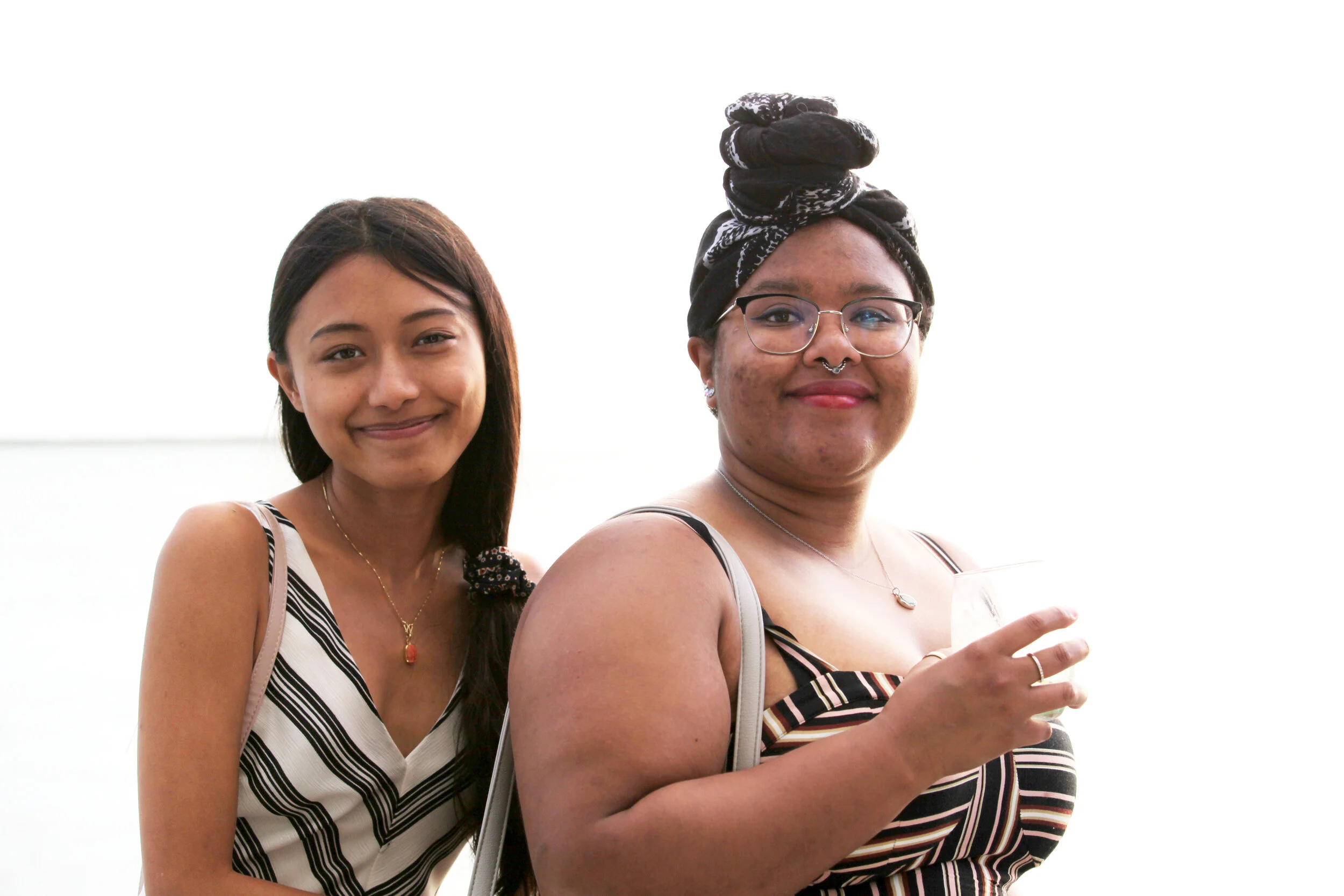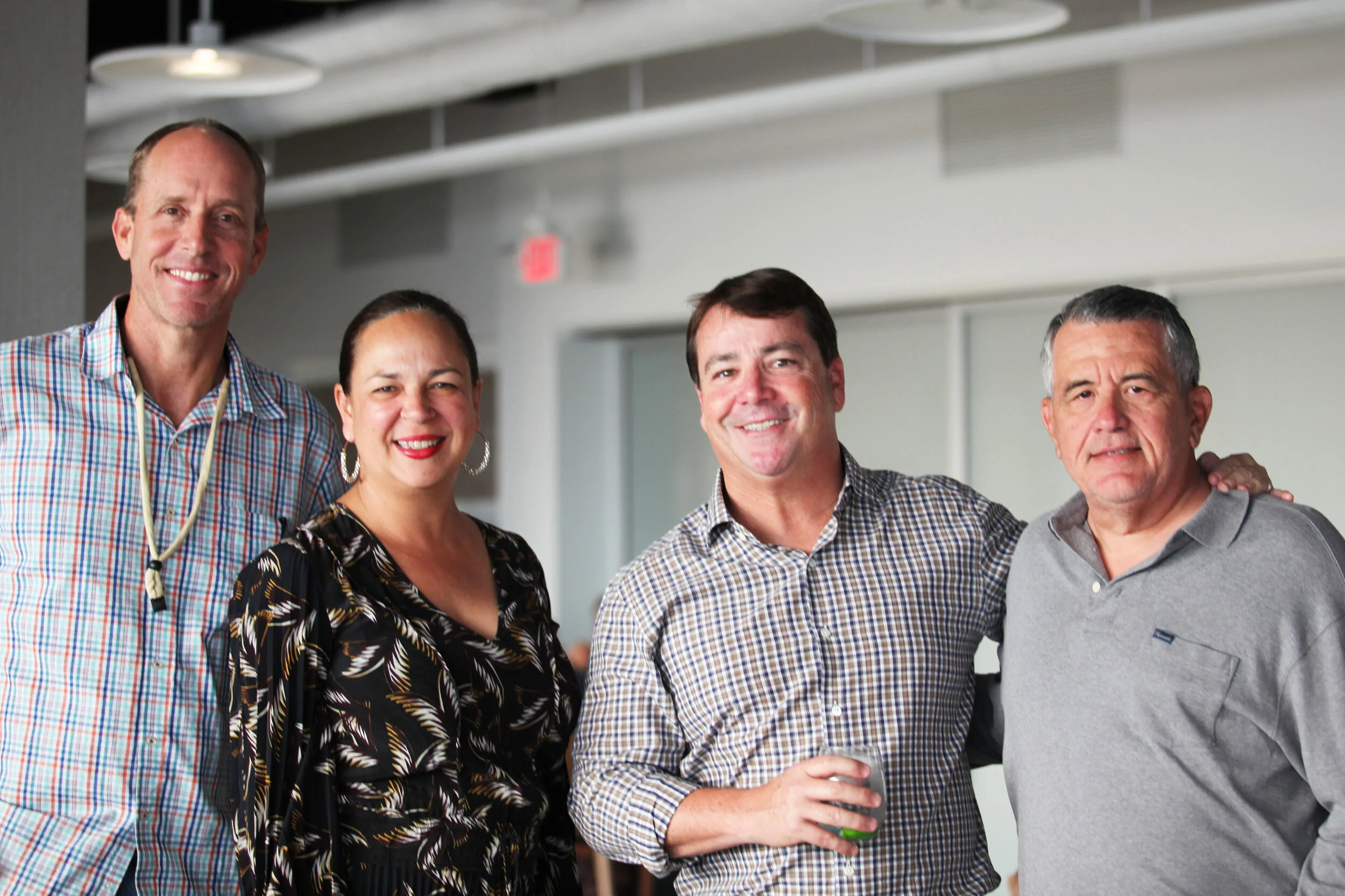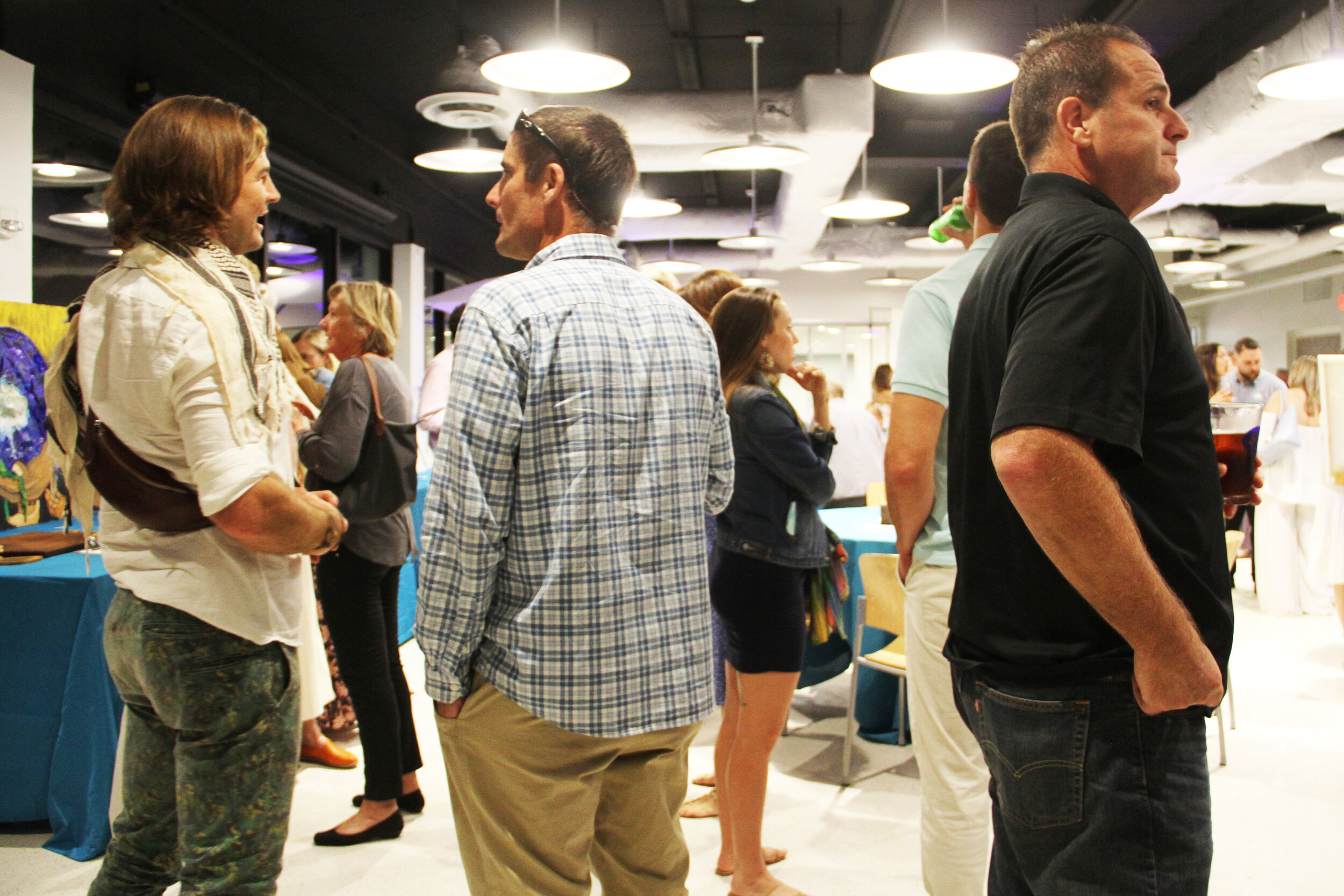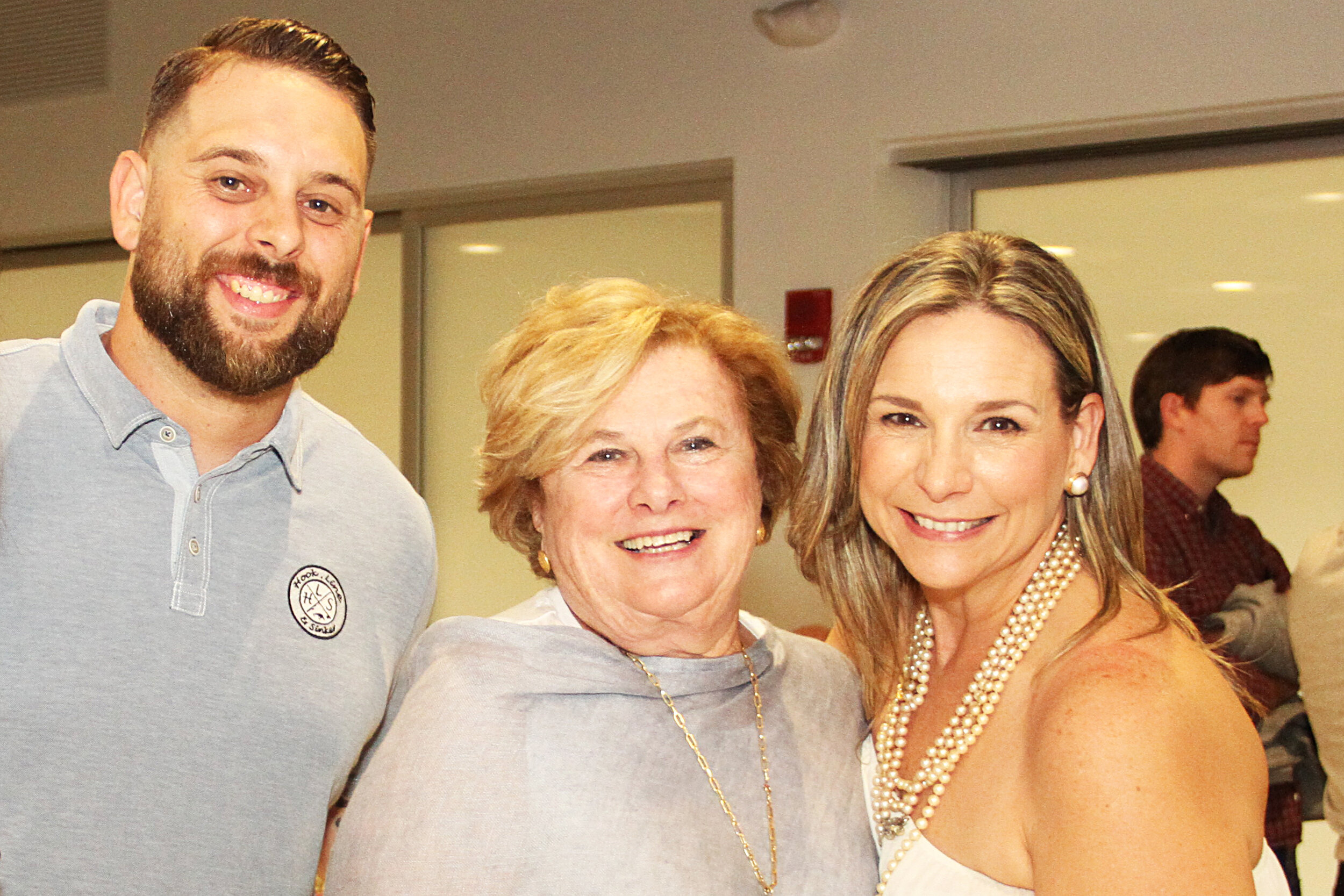Connecting with nature has been increasingly challenging over these last several weeks as many communities around the world have been ordered to shelter in place. At least in the myriad of ways we typically think of enjoying the outdoors. But take a moment to consider that the natural world exists just beyond the walls of our home. Perhaps as the pace of life during the COVID-19 pandemic has drastically slowed, we've been able to observe and connect with wilderness in the urban landscape in ways we hadn't before. Vibrant spring color, seasonal regeneration and new life is all around us.
Surprisingly (or not), this change in human behavior has provided an opportunity for the Earth to take a "deep breath", exhaling noticeably cleaner and clearer air, less turbid water, and more freely roaming wildlife. Numerous accounts of the positive environmental impacts across the globe have been reported, including here in South Florida where two rarely seen, endangered smalltooth sawfish were witnessed in Biscayne Bay and increased numbers of endangered leatherback sea turtle nests have been identified along the coast.
Before long, the way of life we desire will return and human behavior will likely reverse these environmental episodes. That is unless we CHOOSE to maintain many of the positive habits taken up while in quarantine that help reduce our overall footprint and improve our quality of life, and the life around us.
Vegetable/Herb Gardening
Plant-based diet for healthy living
Chemical-free, organic produce
Attractors for beneficial insects and pollinators
Added nutrients for a healthy soil
Walking, Running & Biking
Exercise and stress relief
Celebrate neighborhood open space
Zero emissions alternative transportation
Slower pace to observe and appreciate surroundings
Home (Spring) Cleaning
Refuse excess packaging (buy in bulk)
Reduce single-use plastic and overall consumption
Reuse materials that maintain structural integrity
Repair broken items
Recycle materials at the end of their useful life
Compost organic waste
Donate goods no longer purposeful
Conserve energy and water resources
Family & Community
Quality time and social engagement
Meet/Greet new and old neighbors
Build relationships and lend a hand to those in need
Support local farmers and community farm shares
Pitch a tent in the backyard for a good ol' family campout
Obviously, these revived lifestyle behaviors alone will not be the environmental solutions we desperately need to mend our planet, but they are steps in the right direction, leading to greater awareness and engagement. We are all in this together and collectively, we can choose to slow down, create meaningful connections and BE THE CHANGE.

